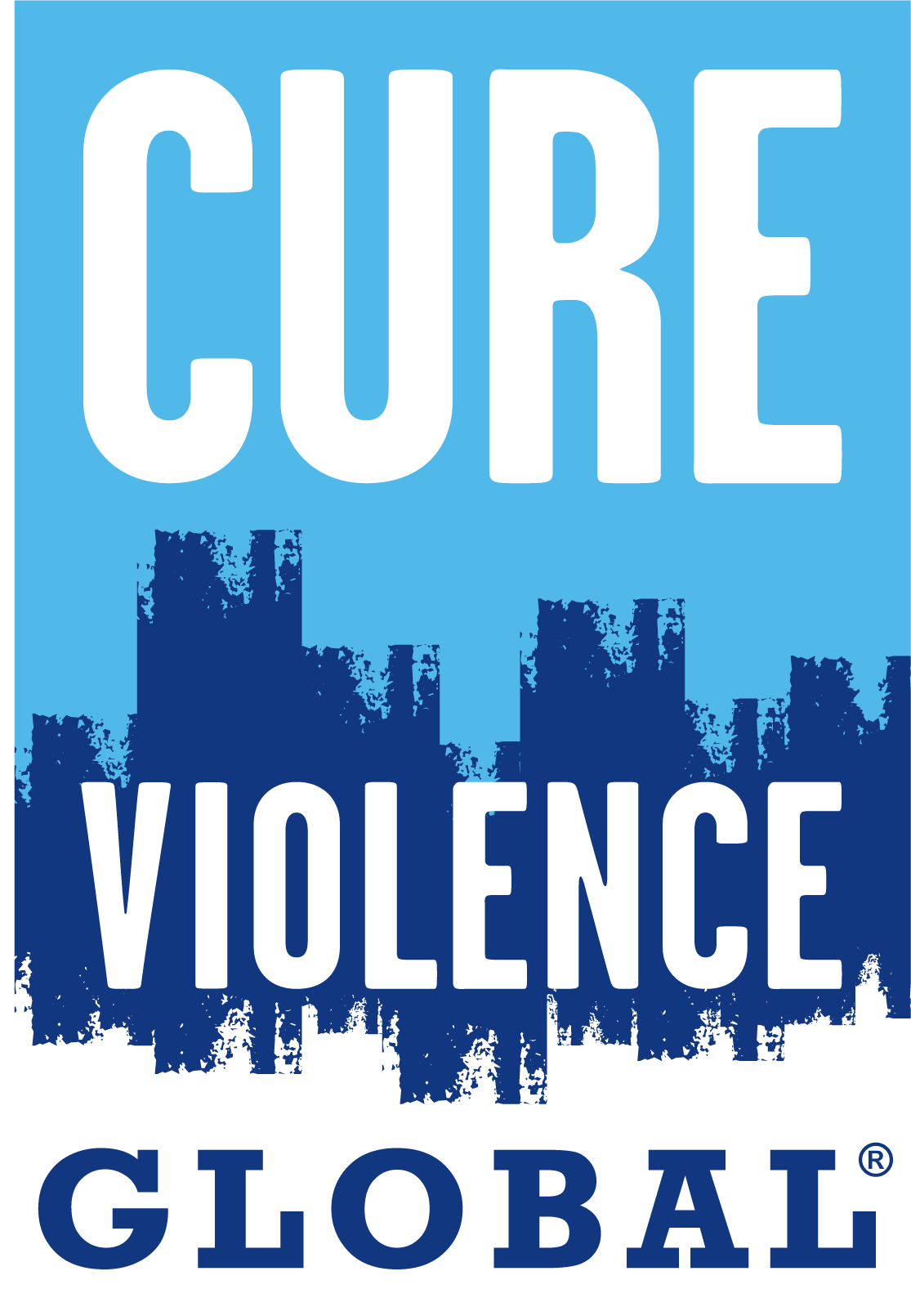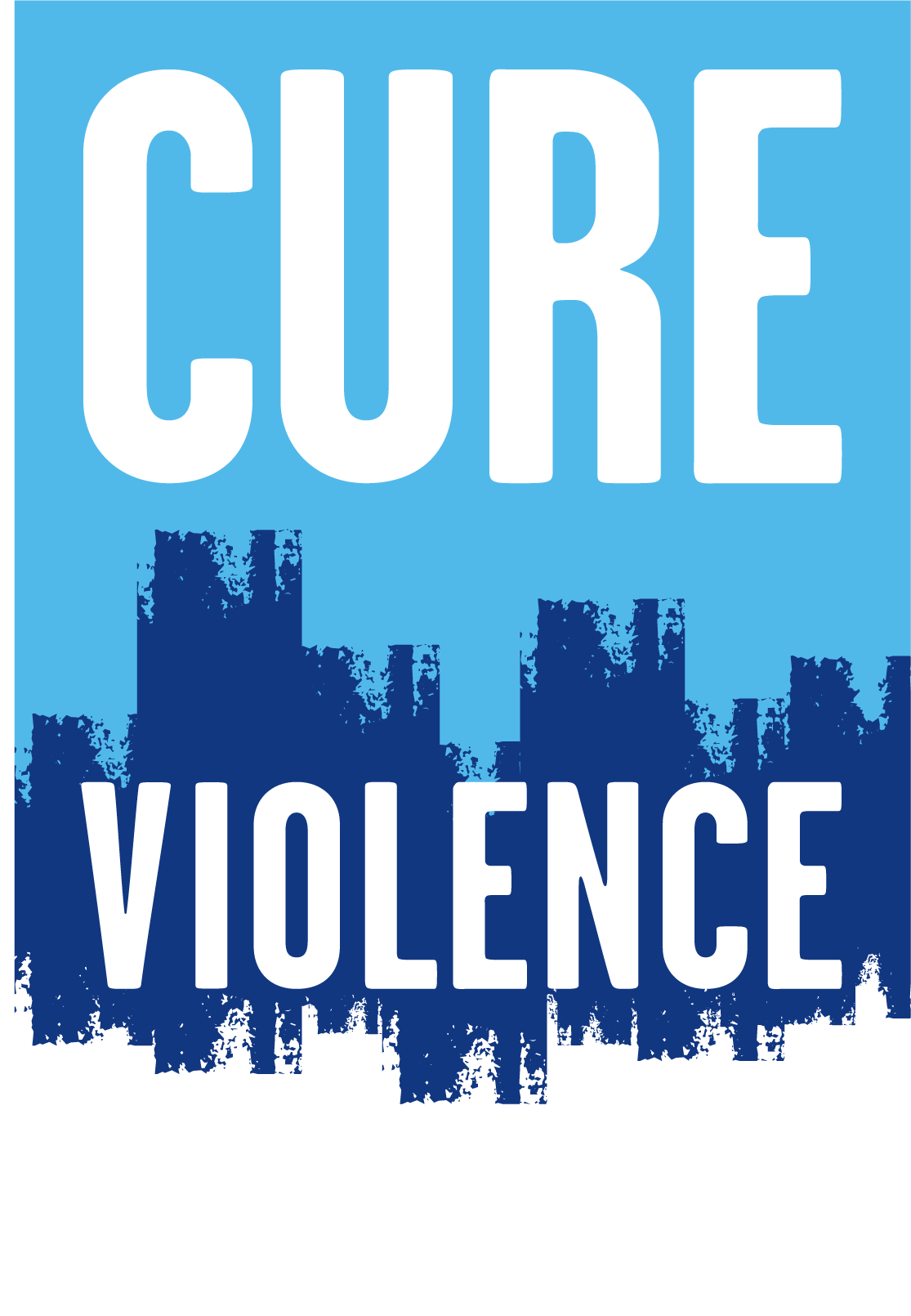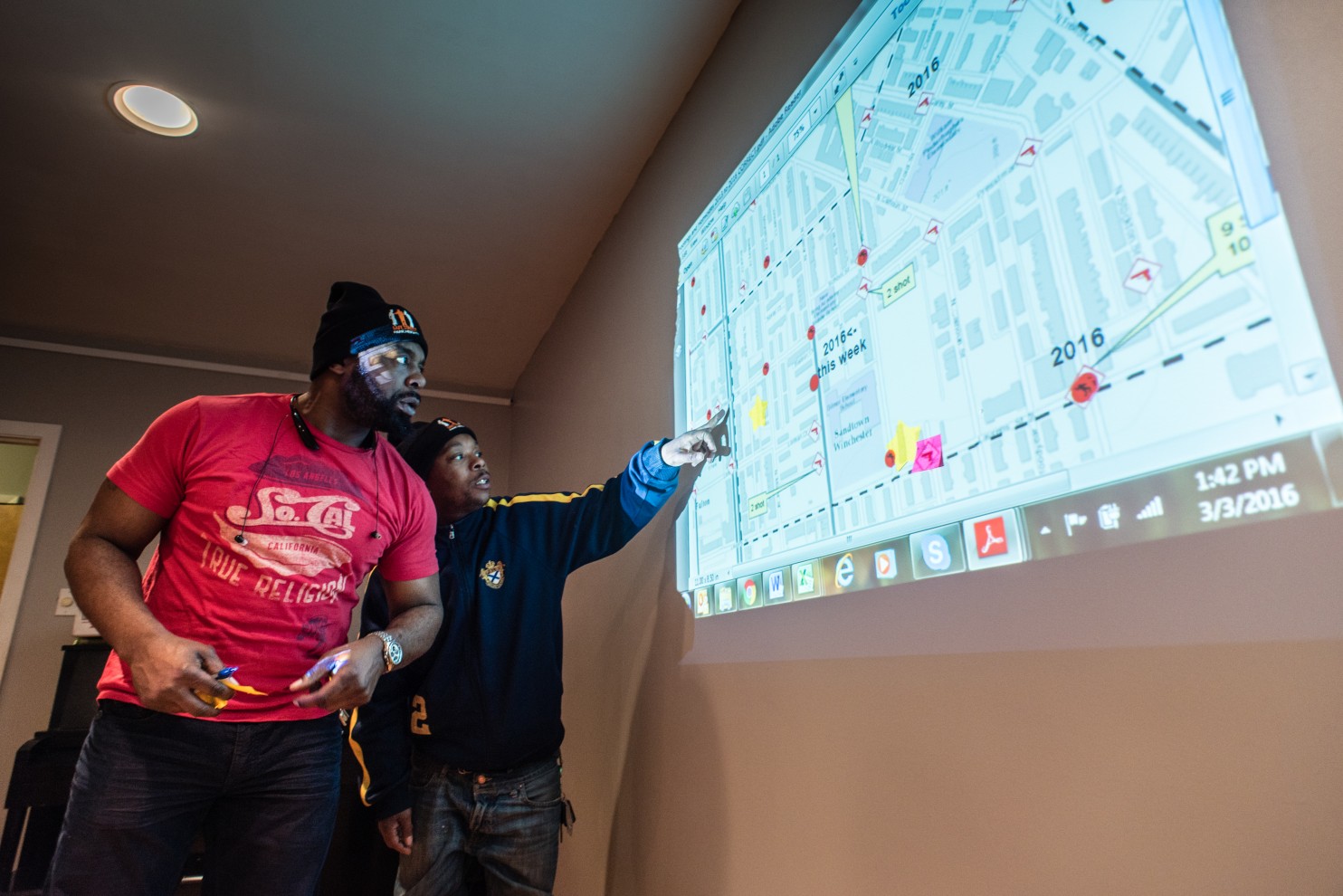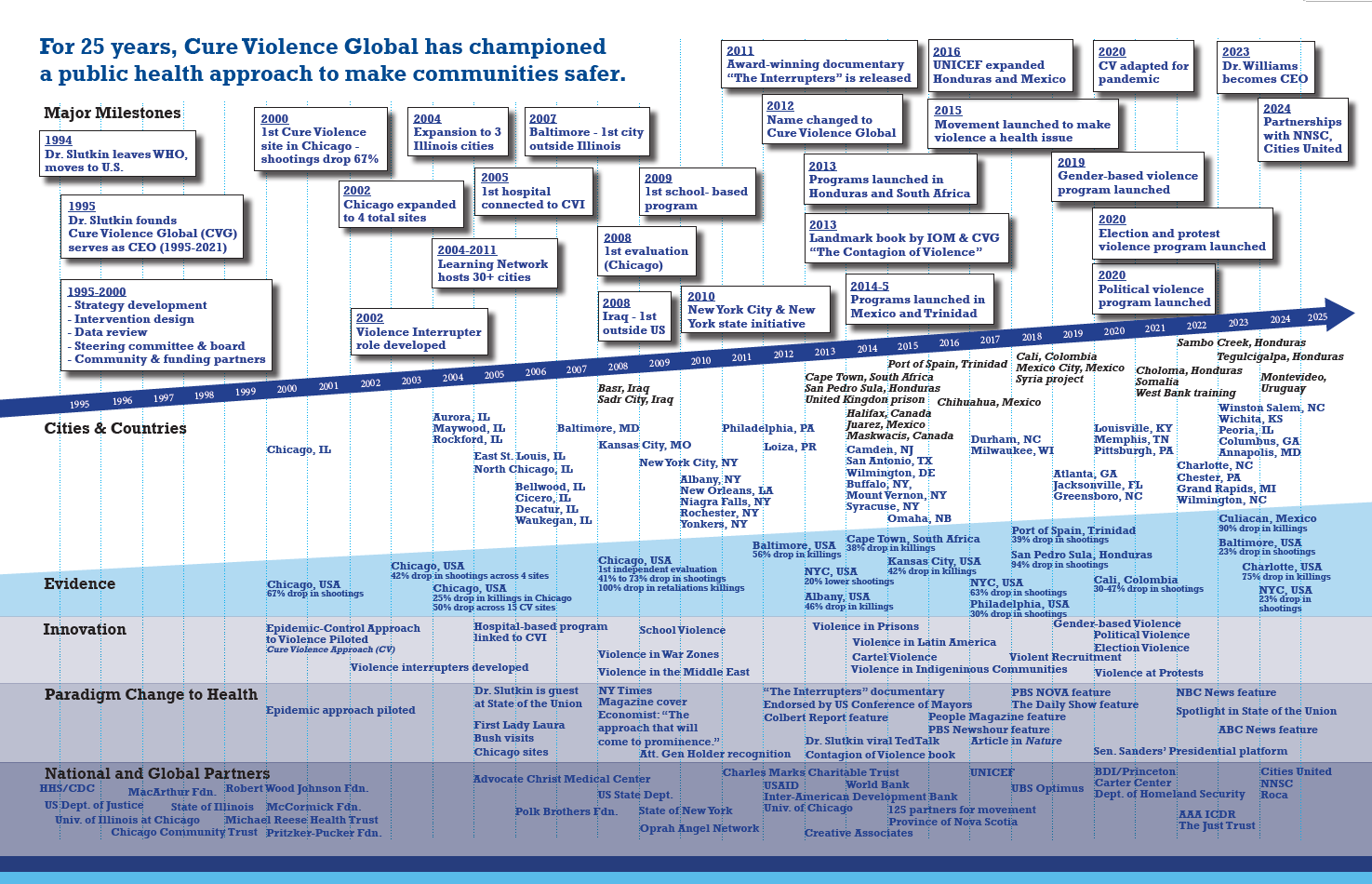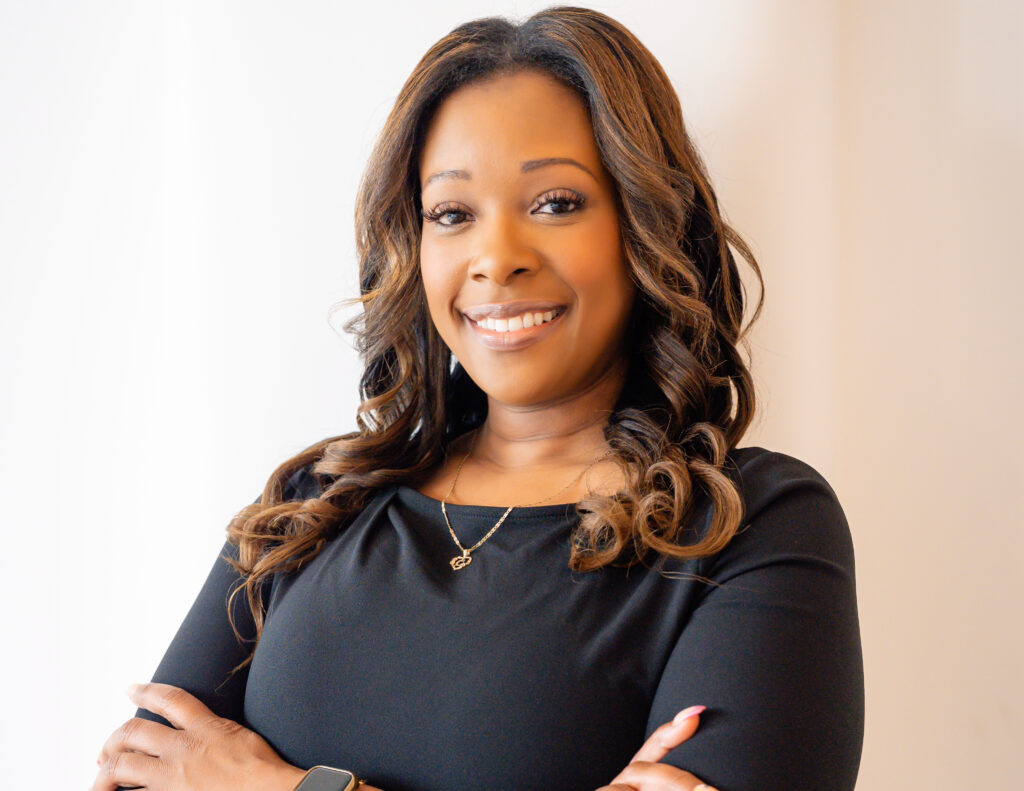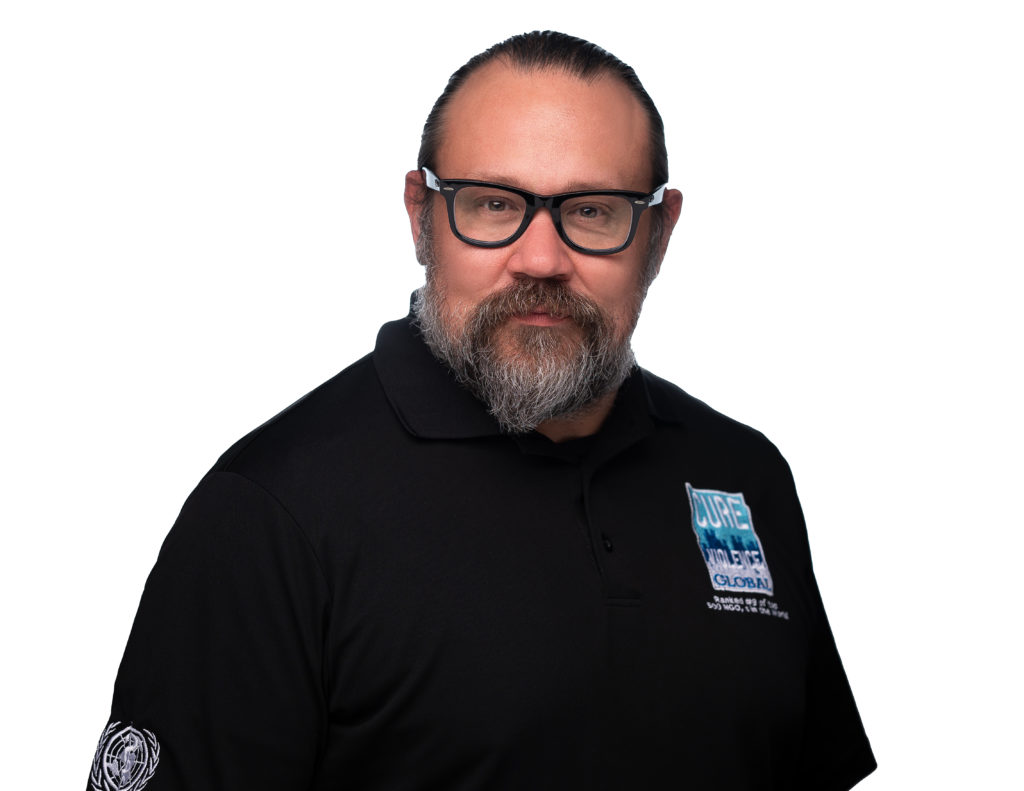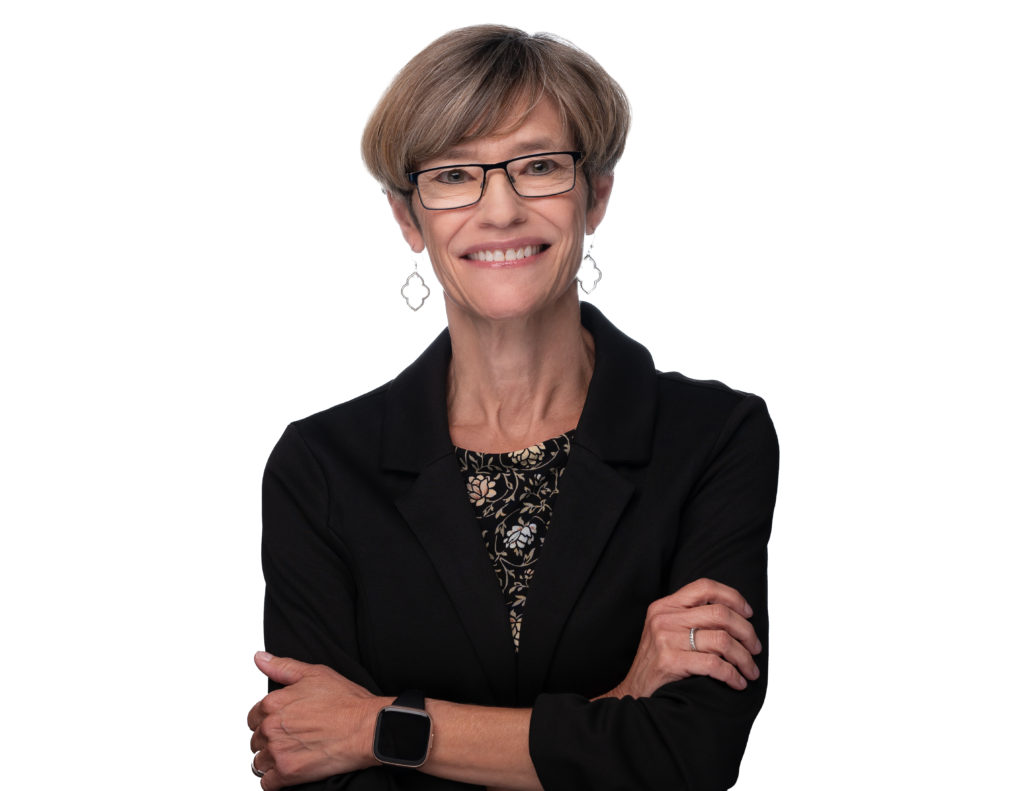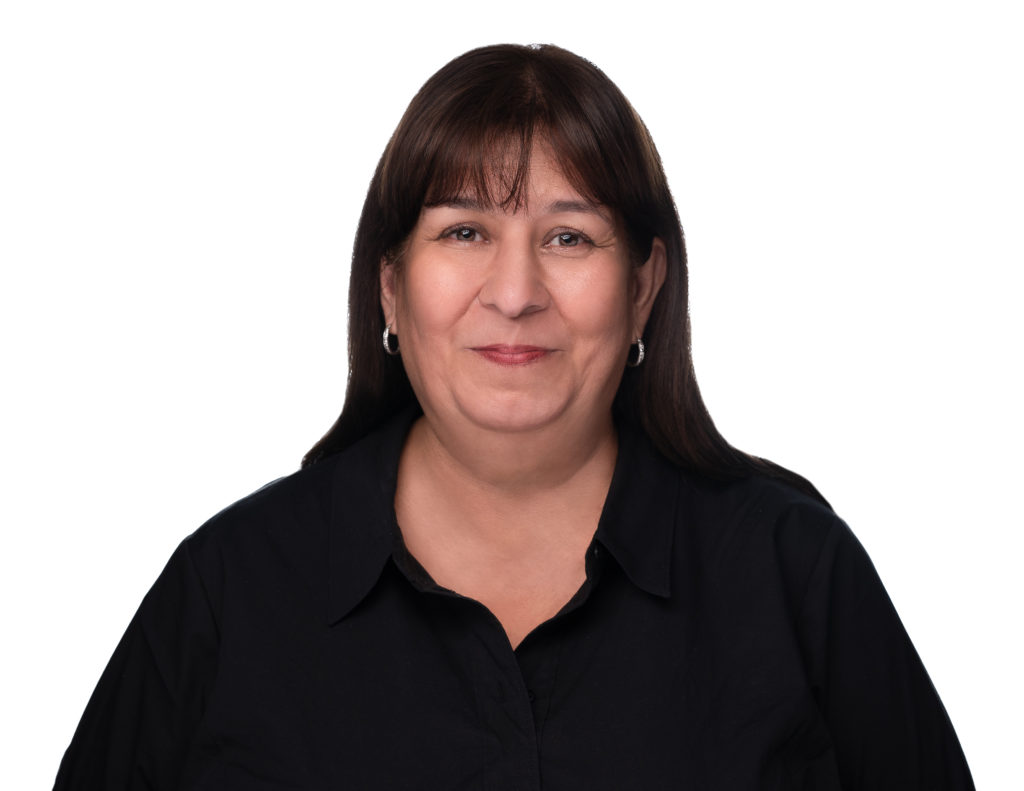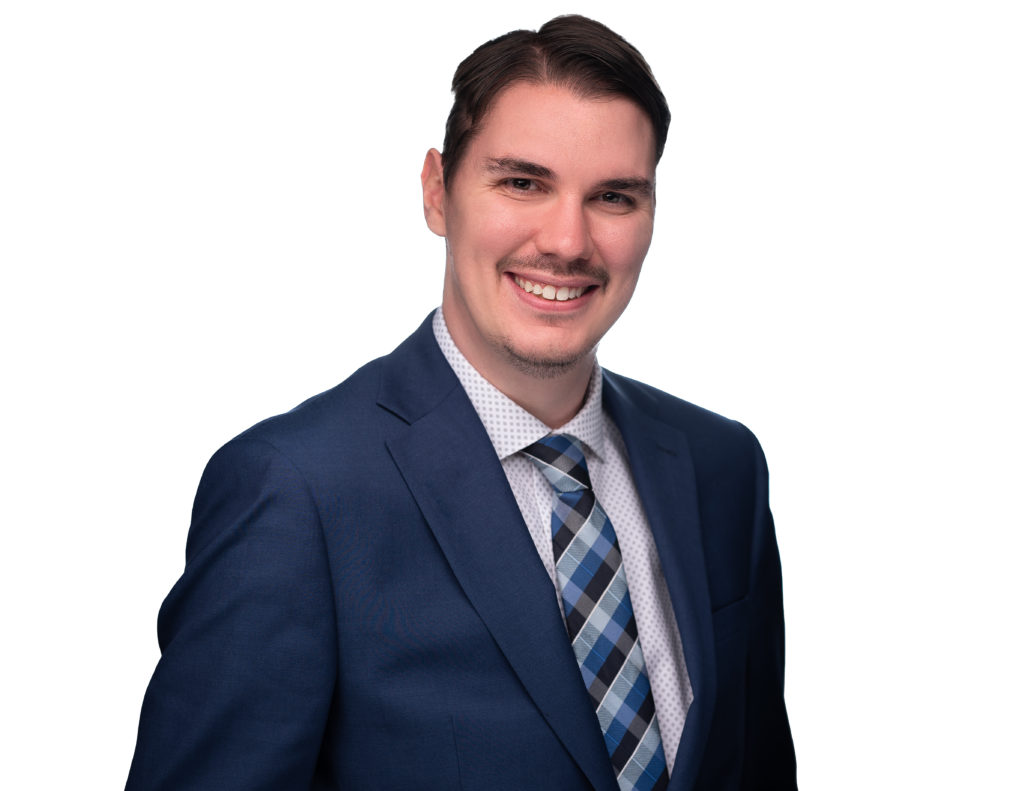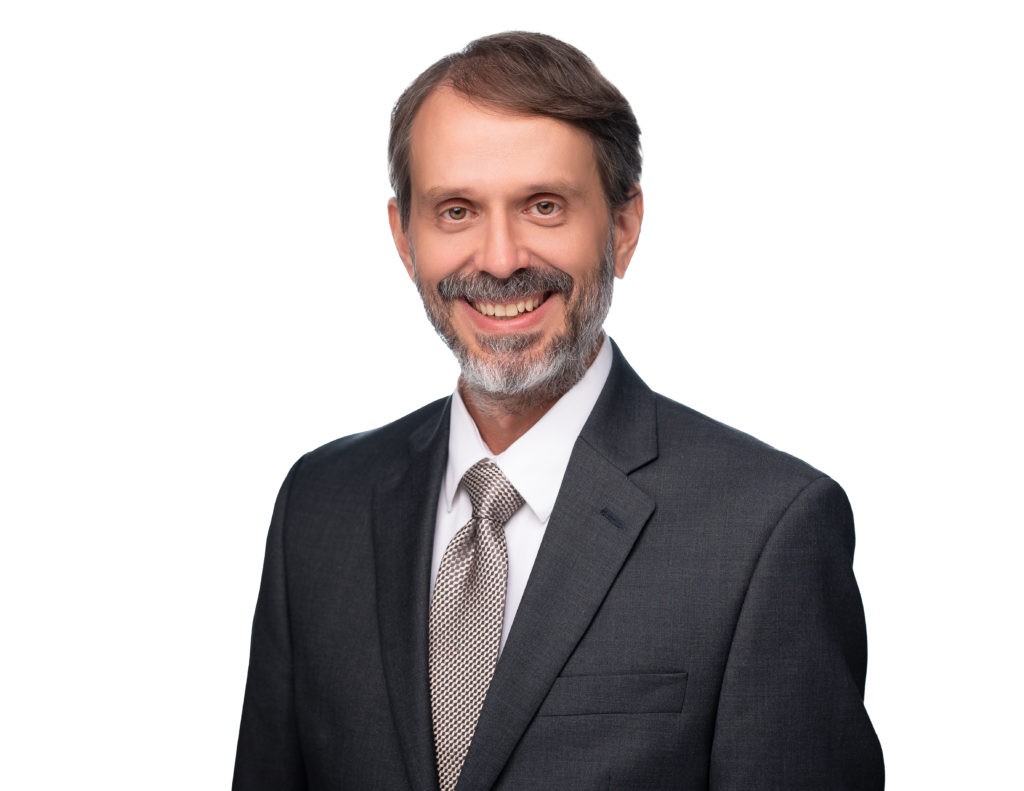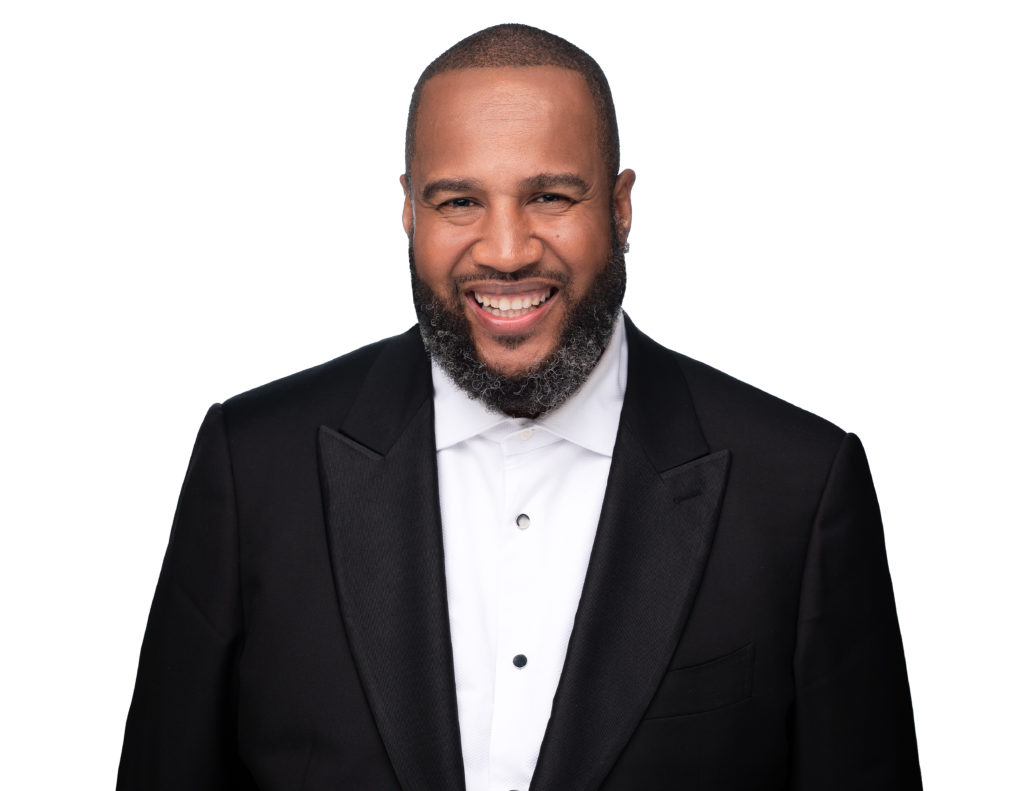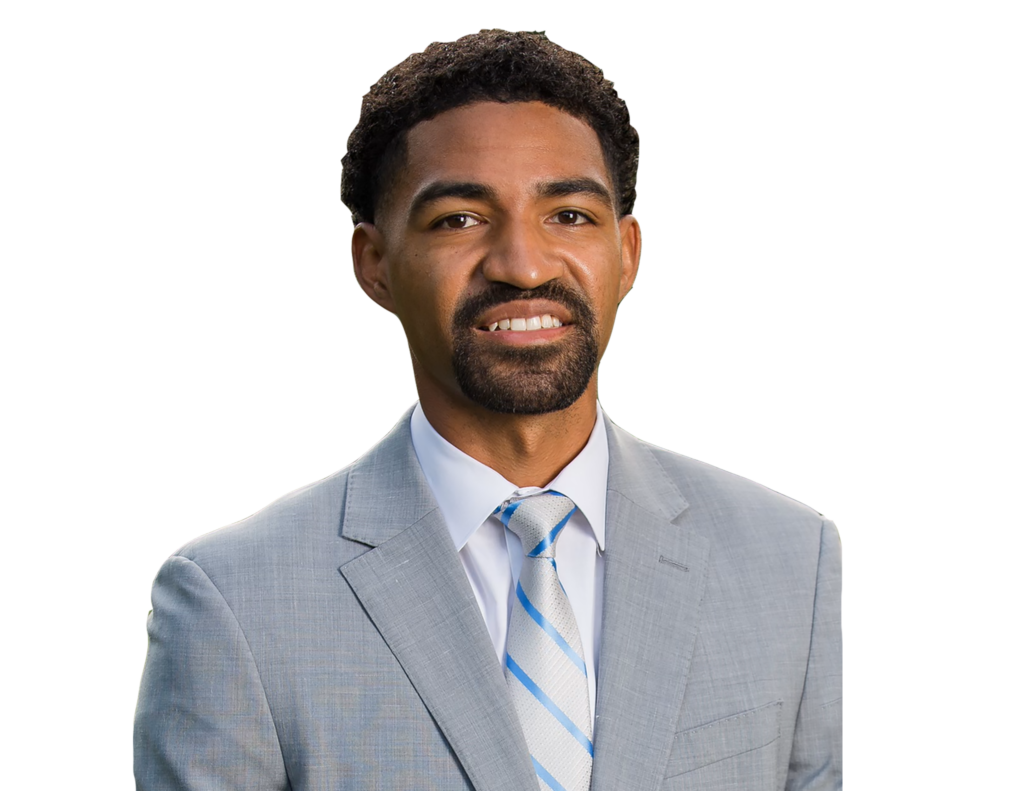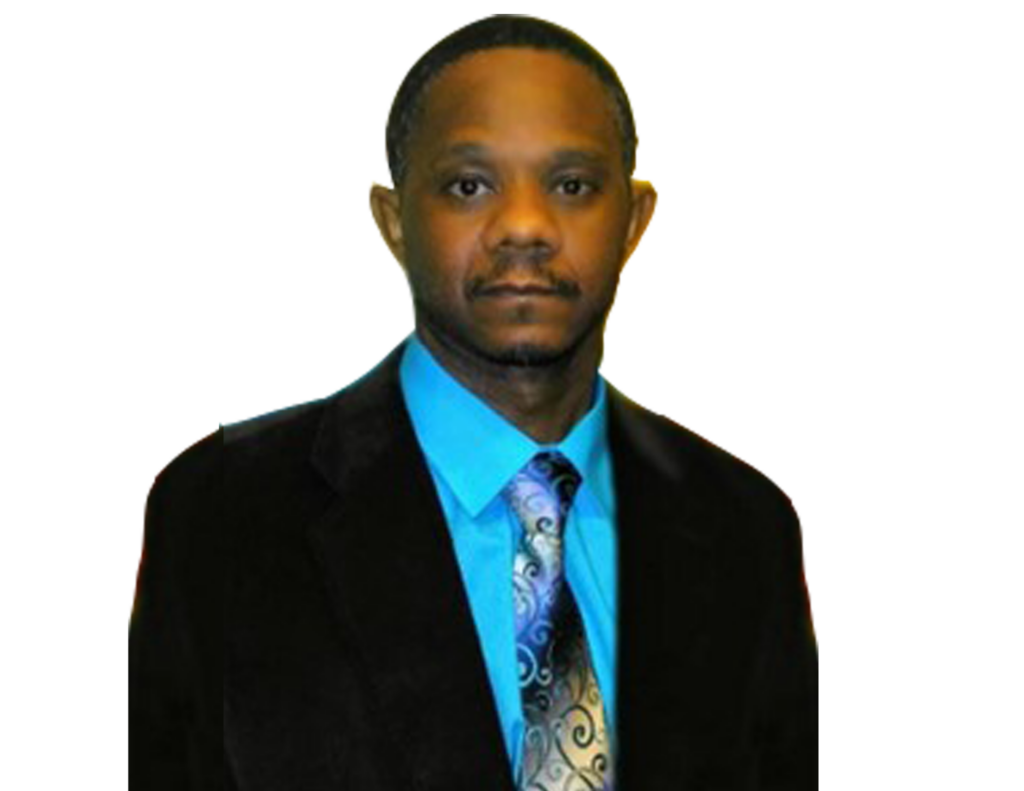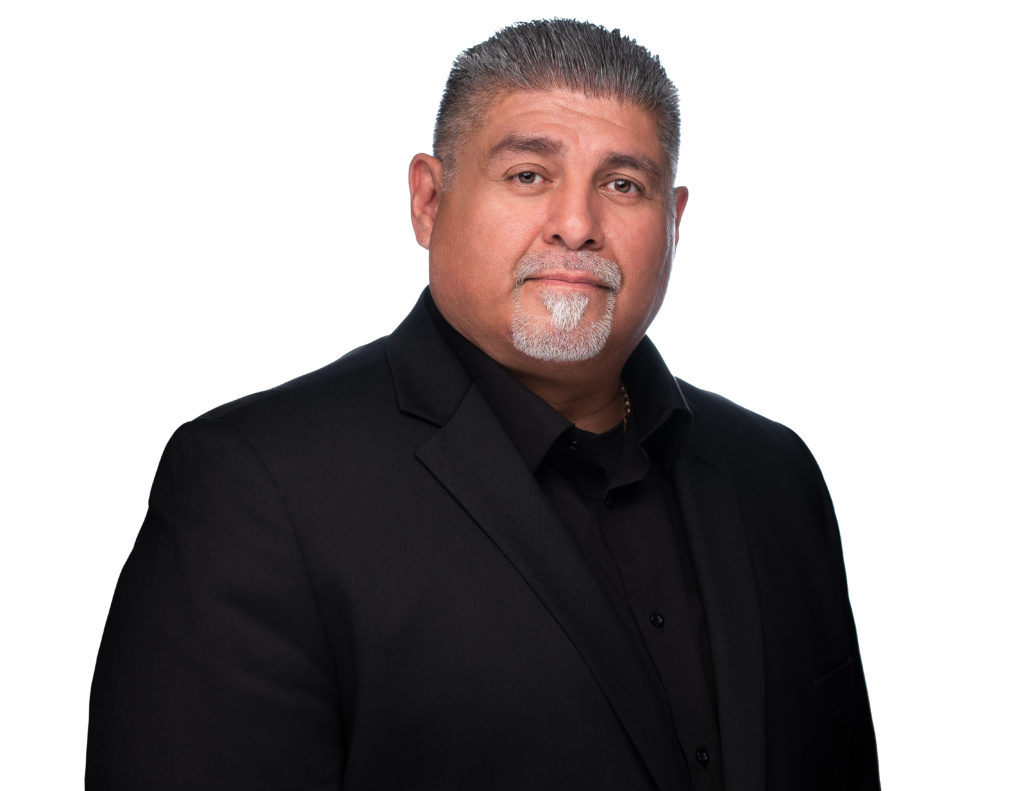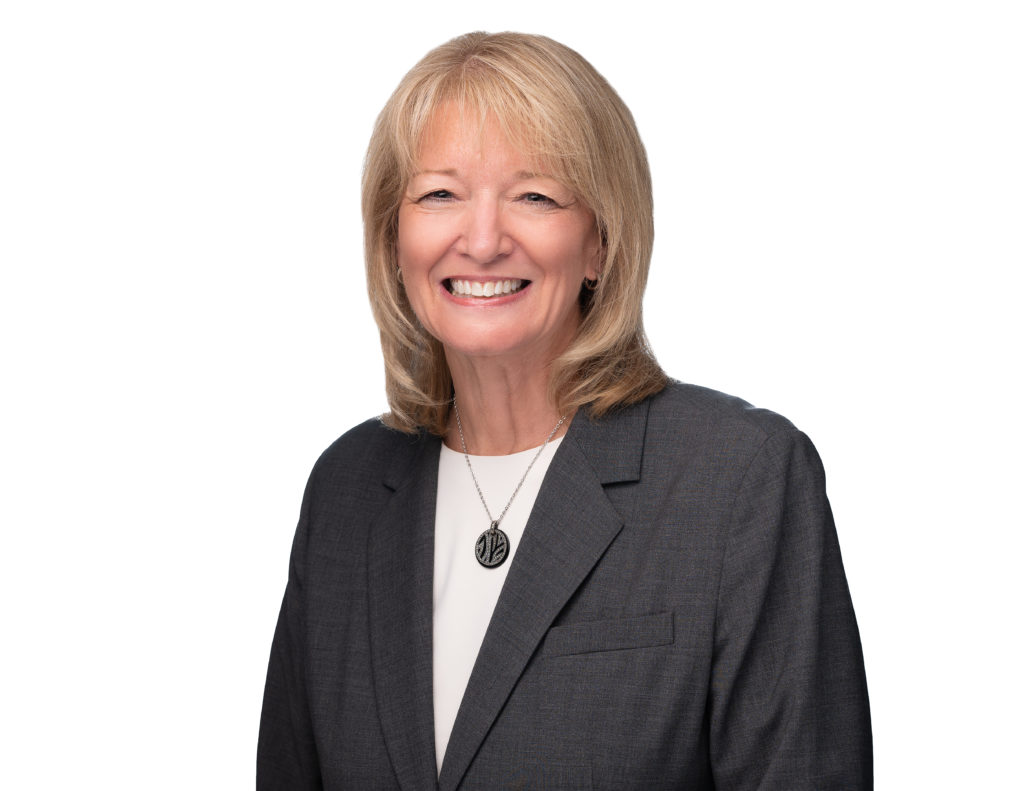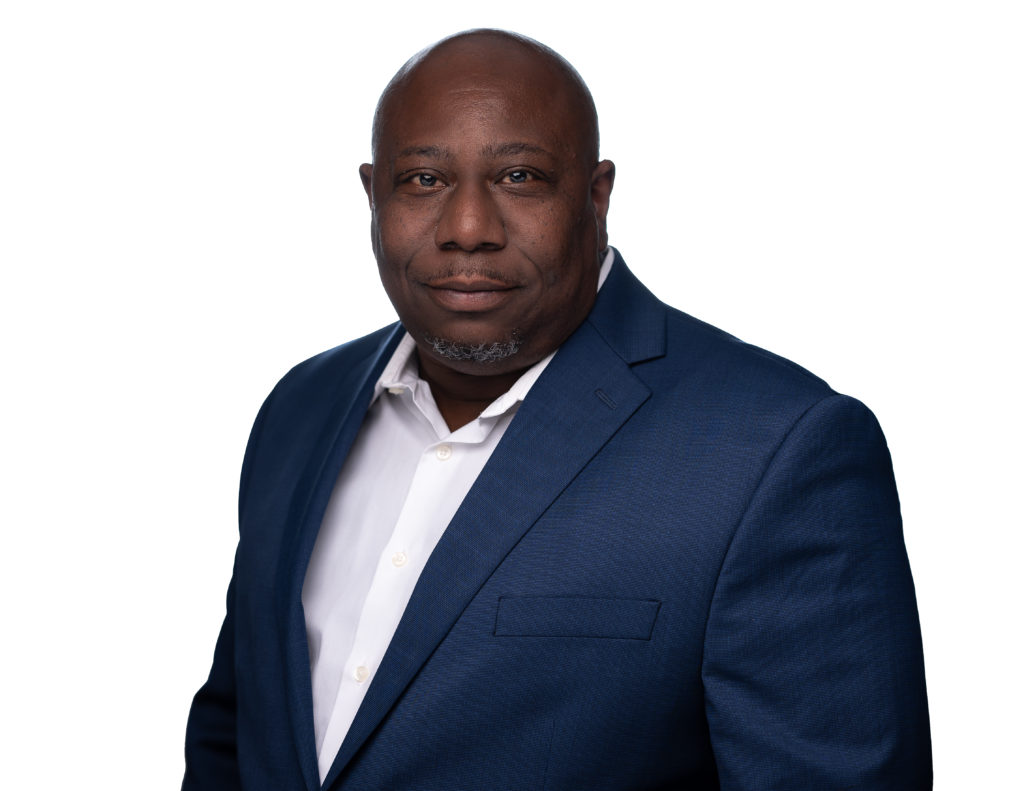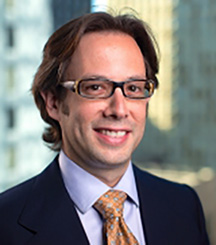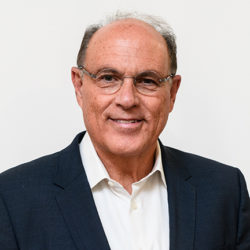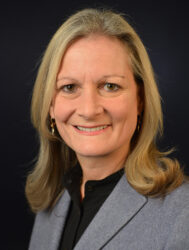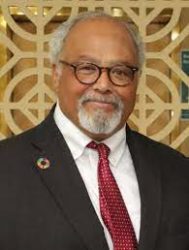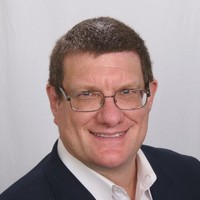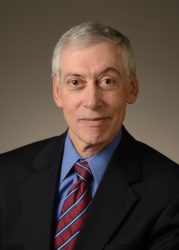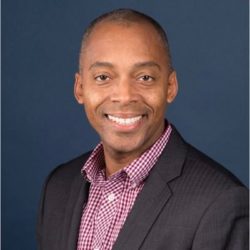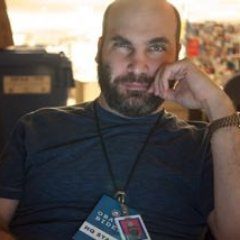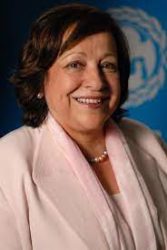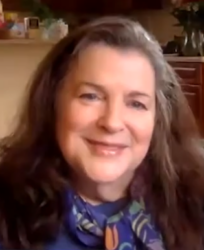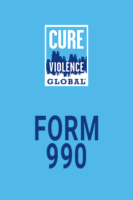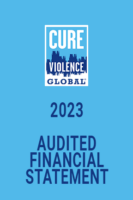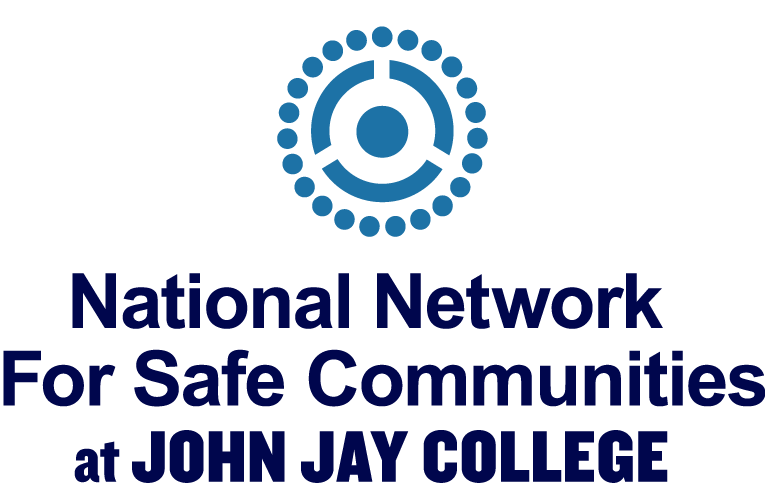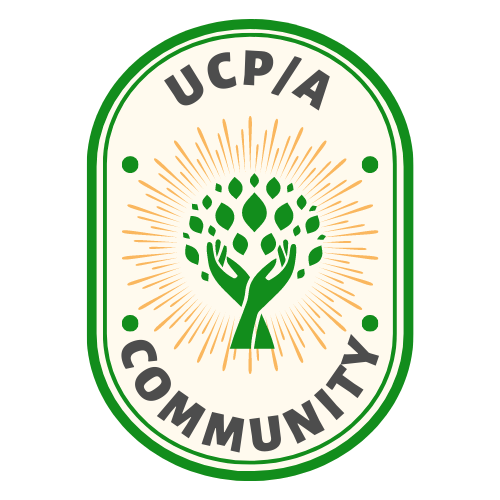Cure Violence Global helps communities to implement violence prevention programs that are effective in significantly reducing violence. Founded by Gary Slutkin, M.D., former head of the World Health Organization’s (WHO) Intervention Development Unit, Cure Violence Global launched in West Garfield Park, one of the most violent communities in Chicago, and was quick to produce results, reducing shootings by 67% in its first year.
From 2000-2008, Cure Violence Global focused its activities in the United States, quickly expanding to Baltimore, New York, New Orleans, Oakland, Loiza, Puerto Rico and other sites.
In 2008, Cure Violence Global began its first international adaptation and replication of the methodology in Basra and Sadr City, Iraq. Since then, international programs have been added in Canada (Halifax and Alberta), Colombia (Cali), El Salvador (San Salvador and San Pedro Mazawal), Honduras (San Pedro Sula), Jamaica (St. Catherine North and St. James), Kenya (Nairobi and Rift valley), Mexico (Ciudad Juarez and Chihuahua City), South Africa (Hanover Park), Syria (western and northern), Trinidad & Tobago (Port of Spain), and United Kingdom (London). Cure Violence Global™ has also provided training in violence prevention techniques to representatives from dozens of other countries.
Several Cure Violence program sites have been externally evaluated, demonstrating strong results in multiple sites. In June 2009, U.S. Attorney General Eric Holder, Jr. referenced Cure Violence™ as a “rational, data-driven, evidence-based, and smart approach to crime.” The Economist termed the Cure Violence™ method “the approach that will come to prominence.”
